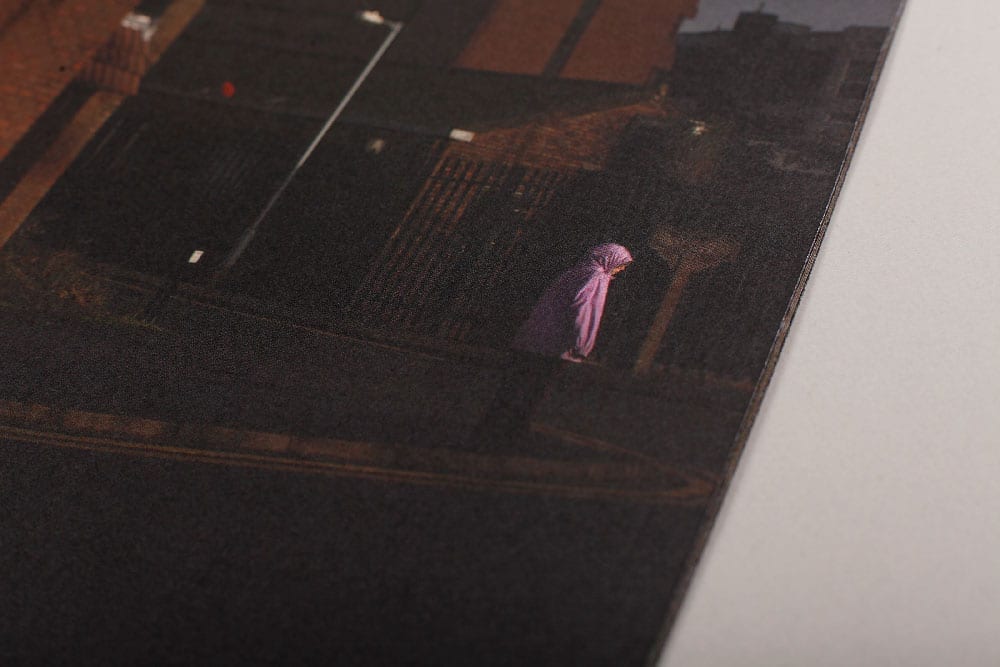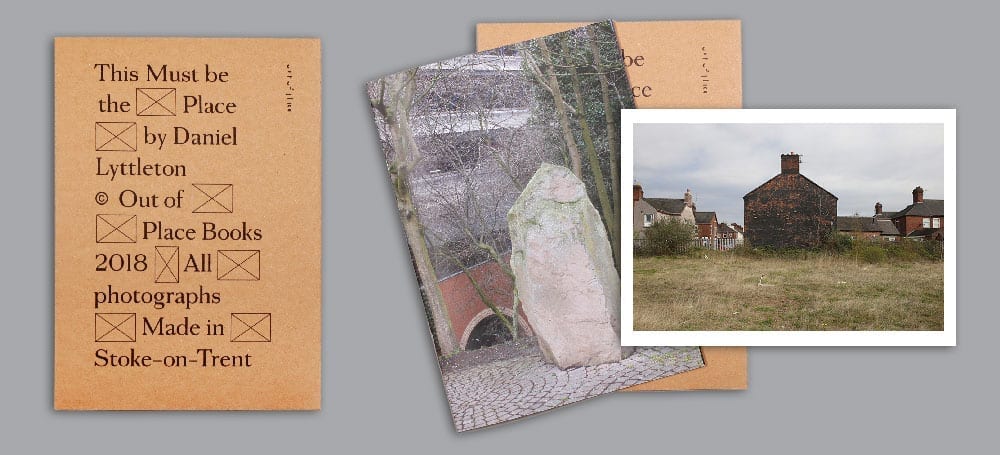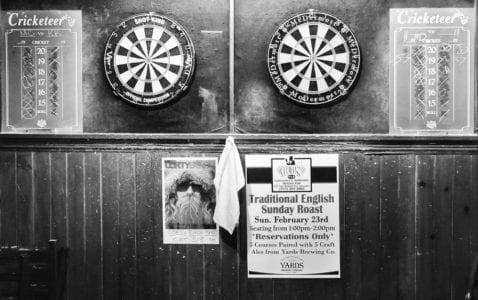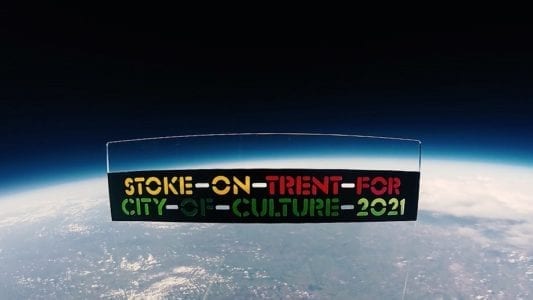This Must be the Place: An interview with Dan Lyttleton
Coming at an interesting time for the city, Dan Lyttleton’s new photo book This Must be the Place prompts discussions of Stoke ‘free from cliches’. Given CUSP’s continued interest in the city, Mark Ball sat down with Dan to talk about his new book, the role of photography, and Stoke.
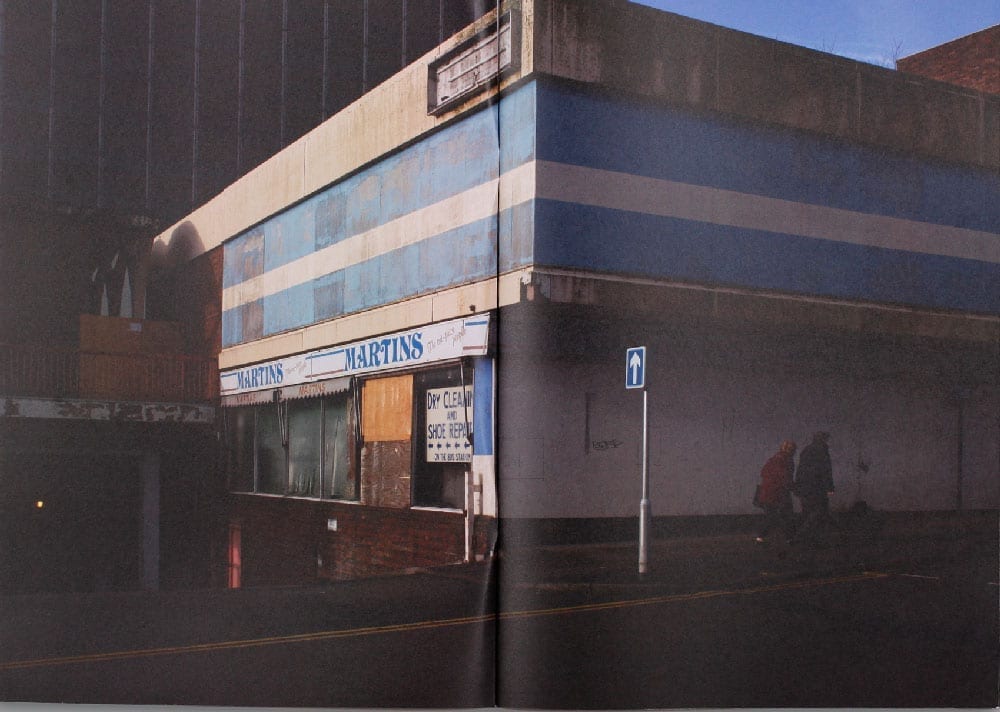
I met Dan 2 years ago on one of my early visits to Stoke. Stoke-on-Trent is a city with a strong and sometimes inescapable reputation – its history of pots and pits, and more recently a vague left-behind-ness. I met Dan for a coffee in Hanley after finding his work online. I wanted to get a sense of his perspective on the city, and his perspective on other perspectives – at the time there was a dramatic rebrand underway via Stoke’s City of Culture bid, set against perceived national media narratives. As a newcomer to the city, sensitive and a little awkward about all of this, I wanted someone to help me escape this sort of place-paradox.
Dan is a lecturer and photographer based in Stoke. His work is increasingly concerned with his home city, and increasingly political. This Must be the Place is his latest and most intimate look at Stoke. I’ve been lucky to learn form Dan, so we sat down recently to talk about his new book, his photography, and Stoke.
What inspired ‘This Must be the Place’?
A few things really. I’ve been interested in trying to capture some kind of record of my home city for a while now. The overlooked ordinariness of the local landscape has interested me for as long as I can remember. I like the idea that places are a product of their people and people a product of place.
The title of the work is stolen from one of my favourite songs by The Talking Heads, that line ‘the less we say about it the better, we’ll make it up as we go along’, the song resonates with me, it’s beautiful.
Why photography then?
I’m interested in communicating what’s around me, my reality, and in particular with this project I wanted to try and reveal the soul of a place I call home. For me photography does that better than any other medium. It provides a window into the world and you can steer that window. It’s also recreation, walking and looking, it’s proper escapism, being alone for a short time, away from things. Having that ability to capture something between you and your experience, collecting fragments of the world as you go. That continues to turn me on.
What was the process for the book?
I like to make work with a product in mind, something tangible. We’re a city that used to make things. Most of my work is made with the book format in mind. I don’t tend to work in single images, but more a series of images that works as one thing.
The book pages are full bleed to show maximum detail in the images. The little details are important, that’s the beauty of printed photographs – you see things that go unnoticed on screens. The images for this first publication were made over the last four years, so the book is a tight edit from a much wider body of work. I suppose people don’t see the hours put into it. But that’s photography, you have to be constantly making photographs and eventually you will get a series of images that work together. The book is made by outoutplacebooks, a publishing platform I helped set up.
In the text that comes with the book you talk about sharing a perspective ‘free from clichés’. Can you elaborate on that?
Yeah this work is from my perspective obviously, but I think it has a sense of authenticity unlike typical representations. I get frustrated from how we are defined through local media. It’s normally agenda based, inaccurate and lazy. It’s either bottle ovens, someone talking favourite oatcake fillings or a pull out about ‘the way we were’, so this work is my answer to that really – this is ‘the way we are’.
You also talk about retaining the perspective of a ‘tourist’, do you find photography helps you keep that sense of distance?
There is always a distance between you, the camera and the world. I do try to look at the landscape from a more objective point of view but you can’t get away from the subjective nature of the medium. I feel like a tourist when I’m walking around because I’m still exploring new places in Stoke. Not sure if tourist is the right comparison actually, probably not to the modern tourist that constantly take photographs of things without seeming to look what they’re photographing. Wanderer is probably the better description.
What do you hope people take from the book?
A truer sense of place maybe? Whether that be for someone local or someone looking at the work from the other side of the world. Maybe it can inspire people to go and make something from what they have around them. Whether that’s photographs, a song, a book or whatever. I think that’s important in these times, having that belief to just create something for you first and foremost, something that reflects your reality. The most positive thing to do in life is to create something.
This Must be the Place is available on the Out of Place Books website.

